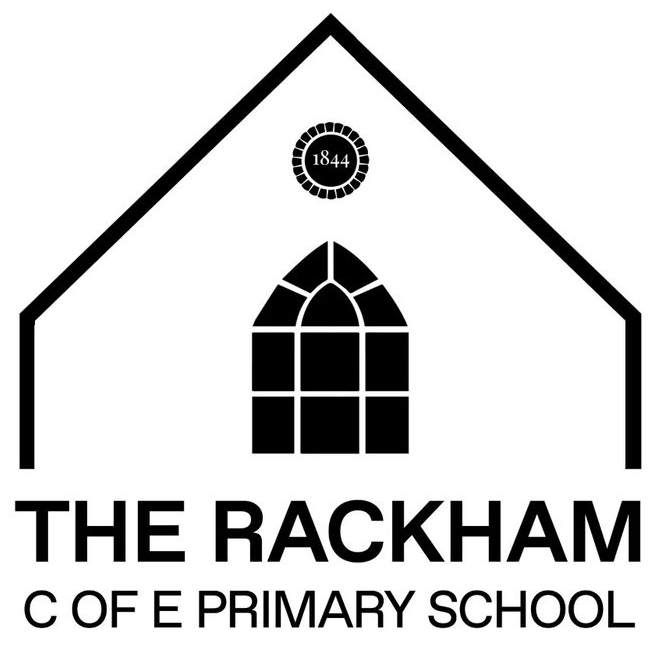Personal, social, health and economic education (PSHE) and citizenship education plays a key role in ‘promot[ing] the spiritual, moral, cultural, mental, physical development of pupils at the school and of society’, and prepares pupils ‘for the opportunities, responsibilities and experiences of later life’ (2014 National Curriculum Framework document). In September 2020, Relationships and Health Education became a statutory part of the curriculum. At Rackham, we have embedded these statutory subjects into our PSHE curriculum, ensuring our children get a broad and relevant PSHE experience in school.
Here at The Rackham, we know that PSHE is an important and necessary part of our curriculum, enabling our children to become healthy, confident and independent members of society and make positive contributions within a diverse multicultural community. PSHE also supports many of the principles of Safeguarding.
Children explore topics such as empathy, managing feelings, self-awareness, social skills, mental health and wellbeing and motivation. They are encouraged to see themselves as valued individuals within a community and to contribute to shaping a welcoming, safe and fair learning community for all. PSHE helps children develop as confident, responsible citizens and helps to promote good self-esteem. Children explore feelings of happiness and excitement, sadness, anxiety and fearfulness, while learning (and putting into practice) shared models for ‘calming down’ and ‘problem solving’. They learn skills of cooperation, tolerance, valuing diversity and working in groups, managing anger and resolving conflict. They develop a greater understanding of friendships, their own strengths and weaknesses and personal goal-setting.
We use a range of teaching and learning styles. Group work, ‘circle time’ discussion, role-play, and debates form a central part of our classroom PSHE teaching, but there are also opportunities for quiet reflection time. We encourage the children to take part in a range of whole school activities that promote active citizenship and healthy lifestyles, e.g. charity fundraising (Children in Need, Comic Relief, Christmas shoebox appeal etc.), participation in school events and assemblies, local sports and arts events, pupil questionnaires, School and Eco-council activities and being part of mental health awareness initiatives. We offer children the opportunity to hear visiting speakers. This may be through our 'Dream Big' assemblies hosted by members of our parent community, members of the police or fire service, and representatives from the local church or charities, whom we invite to talk about their role in creating a positive and supportive local community. Year 5 and 6 children are encouraged to undertake special tasks and duties throughout the school, e.g. as ambassadors, leading the school council and being collective worship team members.
We teach PSHE and citizenship as a discrete subject with discrete curriculum time, as well as it being an integral part of many aspects of school life, including establishing class routines and responsibilities, settling disputes, and play during break times. We also introduce PSHE and citizenship through other subjects, e.g. discussion of issues in story time or Philosophy sessions, discussing online safety in Computing sessions and studying health issues in Science and PE. As there is a large overlap between the programme of study for Religious Education and the aims of PSHE and citizenship, we teach a considerable amount of the PSHE and citizenship through our Beliefs and Values lessons. There is also a significant overlap between PSHE and our ‘Growth Mindset' and our school vision 'Working together to be the best we can possibly be', which has a high profile across the school and forms the focus Collective Worship. This adds great strength to our teaching of four key learning dispositions, or skills: the emotional aspect of learning, resilience (perseverance, absorption, managing distractions etc.); the cognitive element, resourcefulness (questioning, organising, reasoning, predicting, capitalising, imagining, making links); the strategic aspect of learning, reflectiveness (planning, revising, distilling, flexibility, self-awareness etc.); and the social aspect of learning, reciprocity (respect, sharing, listening, empathy, imitation, interdependence, collaboration, and expression). We also develop PSHE and citizenship through whole-school learning opportunities across the curriculum, including daily assemblies, and special days or weeks planned into the school calendar.
We now use the 2020 PSHE Association approved Cambridgeshire ‘Primary Personal Development Programme’ (PDP) as a framework when planning PSHE provision for Key Stage One and Key Stage Two. This incorporates all the statutory objectives for Relationships Education and Health Education as part of our PSHE curriculum, which also covers additional recommended aspects of PSHE and incorporates statutory guidance on drug, financial, and sex and relationship education. It categorises units under four main ‘strands’: myself and my relationships, citizenship, healthy and safer lifestyles, and economic well-being. Provision in the Early Years is ensured through the statutory requirements of PSED in the EYFS Curriculum and is taught according to three early learning goals in self-confidence and self-awareness, managing feelings and behaviour, and making relationships.
PSHE Curriculum Overview
Prejudice statement
Every child and adult in our school community has the right to be protected from prejudicial views and behaviours. Prejudicial language
or behaviour can be defined as words or acts based on preconceived opinion that is not based on reason or actual experience, for example,
not liking someone based on their skin colour or sexual identity.
Within our school we will not tolerate any prejudicial language or behaviour aimed at students or adults.
The following quote was first recommended as a working definition for racist incidents by The Stephen Lawrence Inquiry and has since been
extended to cover all incidents related to the protected characteristics set out in The Equality Act 2010:
“A prejudice-related incident is any incident which is perceived to be prejudice-related by the victim or any other person.”
The Act uses the term protected characteristics to refer to aspects of a person’s identity. Treating a person less favourably because they have
one or more of these characteristics would be unlawful.
The protected characteristics are:
• age
• disability
• gender reassignment
• marriage and civil partnership
• pregnancy and maternity
• race
• religion or belief
• sex
• sexual orientation.

